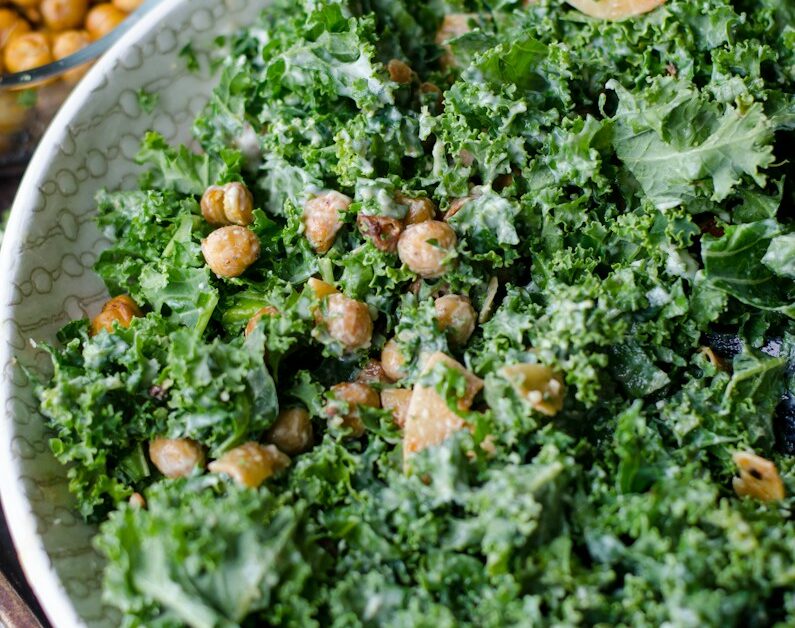Introduction
As people age, their nutritional needs change, and it becomes crucial to ensure that they are getting all the necessary nutrients for optimal health. Vegetarianism, a dietary choice that excludes meat and sometimes other animal products, has gained popularity in recent years. However, concerns have been raised about whether a vegetarian diet can provide adequate nutrition for older adults. This article explores the safety and health benefits of vegetarianism for older adults, backed by research and expert opinions.
The Benefits of Vegetarianism for Older Adults
Vegetarianism, when well-planned, can offer numerous health benefits for older adults:
- Reduced risk of chronic diseases: Studies have shown that a well-balanced vegetarian diet can lower the risk of heart disease, high blood pressure, type 2 diabetes, and certain types of cancer. These conditions are more prevalent in older adults, making vegetarianism an attractive option for maintaining good health.
- Weight management: As metabolism slows down with age, weight management becomes more challenging. Vegetarian diets, particularly those rich in fruits, vegetables, whole grains, and legumes, tend to be lower in calories and saturated fats, making them beneficial for weight control.
- Improved digestion: Aging often leads to digestive issues such as constipation. Vegetarian diets, high in fiber from plant-based foods, can promote regular bowel movements and improve overall digestive health.
- Increased nutrient intake: Vegetarian diets can be rich in essential nutrients such as vitamins C and E, folate, magnesium, and potassium. These nutrients are vital for maintaining healthy bones, reducing inflammation, and supporting cognitive function, all of which are important for older adults.
Potential Nutritional Concerns
While vegetarianism can be a healthy choice for older adults, it is essential to address potential nutritional concerns to ensure a well-rounded diet:
- Protein intake: Protein is crucial for maintaining muscle mass and strength, which becomes increasingly important as people age. Older adults following a vegetarian diet should ensure they consume adequate protein from sources such as legumes, tofu, tempeh, seitan, and dairy or plant-based alternatives.
- Vitamin B12 deficiency: Vitamin B12 is primarily found in animal products, and its deficiency can lead to anemia and neurological problems. Older adults following a vegetarian diet should consider fortified foods or supplements to meet their B12 needs.
- Calcium and vitamin D: Adequate calcium and vitamin D intake is crucial for maintaining bone health and preventing osteoporosis. While dairy products are a common source of these nutrients, vegetarians can obtain them from fortified plant-based milk, tofu, leafy greens, and exposure to sunlight.
- Omega-3 fatty acids: Omega-3 fatty acids play a vital role in brain health and reducing inflammation. While fish is a rich source of these fatty acids, vegetarians can obtain them from flaxseeds, chia seeds, walnuts, and algae-based supplements.
Expert Opinions and Research
Experts and research studies have shed light on the safety and health benefits of vegetarianism for older adults:
- A study published in the American Journal of Clinical Nutrition found that older vegetarians had lower blood pressure and cholesterol levels compared to their non-vegetarian counterparts, reducing the risk of heart disease.
- The Journal of the American Geriatrics Society published a study showing that older adults who followed a vegetarian diet had a lower body mass index (BMI) and a reduced risk of obesity compared to non-vegetarians.
- According to the Academy of Nutrition and Dietetics, well-planned vegetarian diets are appropriate for individuals during all stages of life, including older adulthood, as long as nutritional needs are met.
- Dr. John McDougall, a renowned physician and advocate of plant-based diets, states that a vegetarian diet can help older adults maintain a healthy weight, reduce the risk of chronic diseases, and improve overall vitality.
Conclusion
Vegetarianism can be safely healthy for older adults when properly planned to meet their nutritional needs. It offers numerous benefits, including a reduced risk of chronic diseases, weight management, improved digestion, and increased nutrient intake. However, older adults should be mindful of potential nutritional concerns such as protein intake, vitamin B12 deficiency, calcium and vitamin D, and omega-3 fatty acids. By addressing these concerns through a well-balanced vegetarian diet and, if necessary, appropriate supplementation, older adults can enjoy the health benefits of vegetarianism while ensuring optimal nutrition for their aging bodies.
